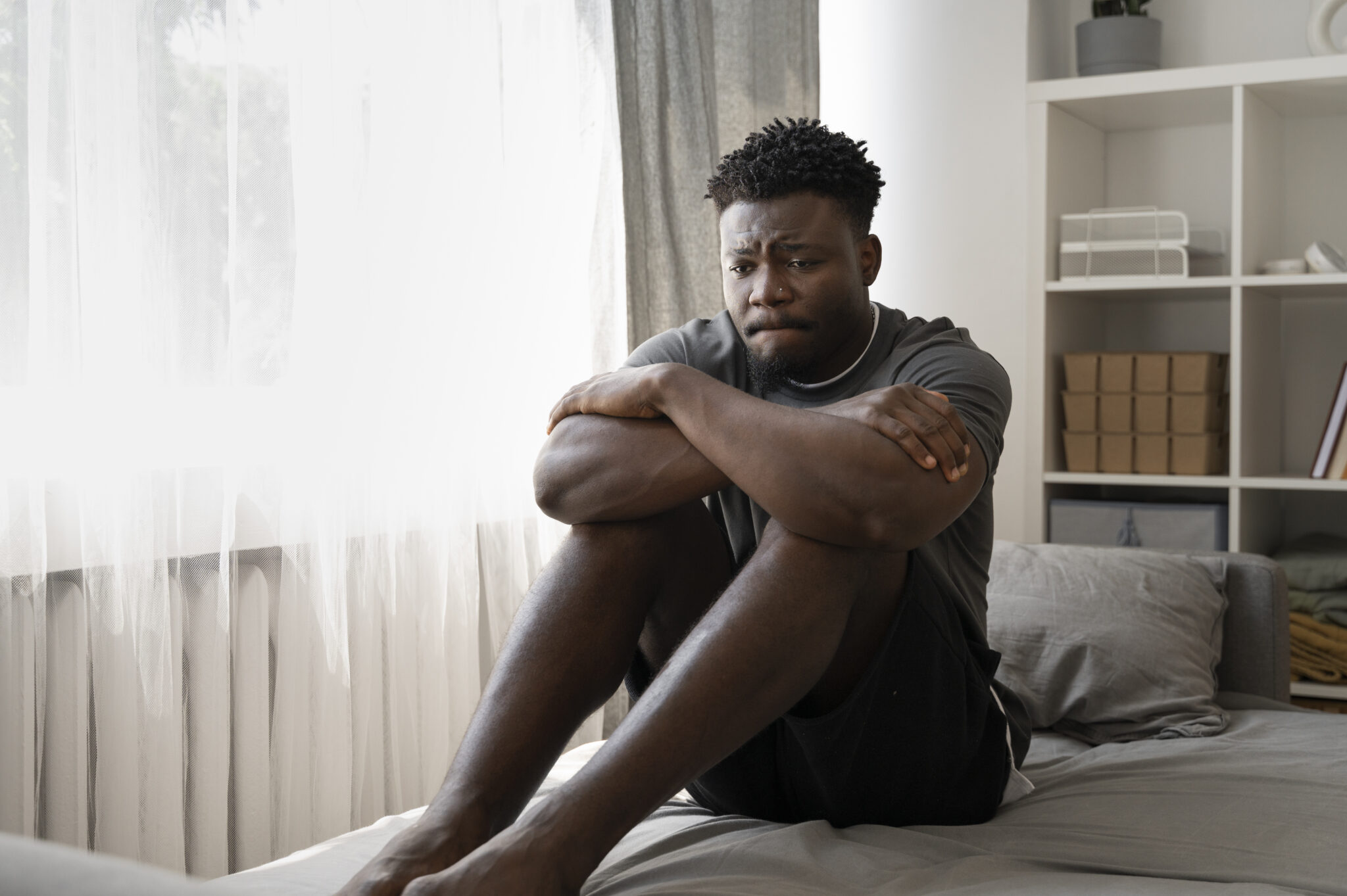Triggers are a major part of life when you’re living with post traumatic stress disorder. Triggers can be just about anything– people, places, things, smells, sounds, words, and more– that remind you of a traumatic instance or instances that left you with PTSD. Sometimes triggers may not even seem to make sense, but they can be incredibly upsetting, sending a person with PTSD into distress and forcing them to deal with flashbacks, nightmares, intrusive thoughts, and anxiety.
Most people with PTSD end up putting a great deal of effort into avoiding their triggers in order to avoid these feelings. However, some things in life are just unavoidable, which makes it absolutely essential to learn to deal with and manage one’s triggers. While this may seem like an impossible task, many people with PTSD are able to live happy and healthy lives by developing their coping skills! Here are some ways that you can work on managing your triggers.
Set Yourself Up for Success
Many people with PTSD end up turning to unhealthy coping mechanisms to try and drown out the pain, like alcohol or drugs, excessive eating, numbing strategies like watching endless TV, or avoiding the outside world. However, while these things can seem to help the negative feelings that come with being triggered, in the long run they only make things worse, and if you want to get to a place of being in control of yourself and your triggers, it’s best to avoid them. Cutting out drugs and alcohol, eating healthy, moving your body, and spending time with people you love will not be the cure to your PTSD, but they will set you on the best path towards success!
Give Mindfulness a Try
Mindfulness is a common practice in the world of mental health today, and it can be helpful for people struggling with PTSD. This disorder often involves being stuck in the past, dealing with flashbacks of traumatic events and ruminating on what happened. Mindfulness, by comparison, focuses on being consciously aware of the present moment– taking in everything around you, noting how your body feels and what your mind is doing, and observing it all without judgment or internal shame. Using mindfulness as a technique can help you to counteract some of the effects of encountering one of your triggers.
Reach Out
Having a solid support system is incredibly helpful when you’re dealing with a disorder like PTSD, so don’t be afraid to rely on your friends and family. Relate your struggles to them, and talk about your triggers and how you’re trying to find ways to cope. There may be some ways they can help you! For instance, they can try to help warn you in advance that you may encounter a trigger soon, something that can be helpful by giving you a chance to prepare yourself mentally. They can also help you to deal with being in a triggered state depending on your needs. Maybe you like a soothing hug, or maybe you’d prefer to have someone calmly talk to you as you calm down. Whatever it is, don’t be afraid to reach out to the people you love for help. It can make a big difference!
Develop a Calming Routine
Being triggered is something that’s going to happen occasionally in spite of how unpleasant it is, so it can be a good idea to develop a routine of calming and grounding techniques to fall back on in those moments. Your first step might be to remove yourself from the situation that was triggering in the first place, and then you can try things like progressive muscle relaxation, deep breathing, positive distractions like reading, writing, visualizing, or playing a game, or somatic techniques like ice or weighted blankets. This routine is something that you can do time and time again to help bring yourself back to a calmer state whenever you need to.
Seek Treatment
Don’t struggle alone when you don’t have to. Seeking out treatment like therapy or other psychiatric help can make a world of difference when it comes to dealing with PTSD and managing your triggers. A therapist or mental health professional can help you develop coping skills for those moments when your triggers are unavoidable, and can help you work through your traumatic experiences to eventually become less affected by your triggers over time.
If you’re interested in seeking professional help for PTSD, you might be interested in our clinical trial, where you can potentially see a board-certified physician at no cost and have access to new medications. Read more about this trial here!






